Home>Gardening & Outdoor>Pool & Spa Care>Can You Be In A Hot Tub When Pregnant
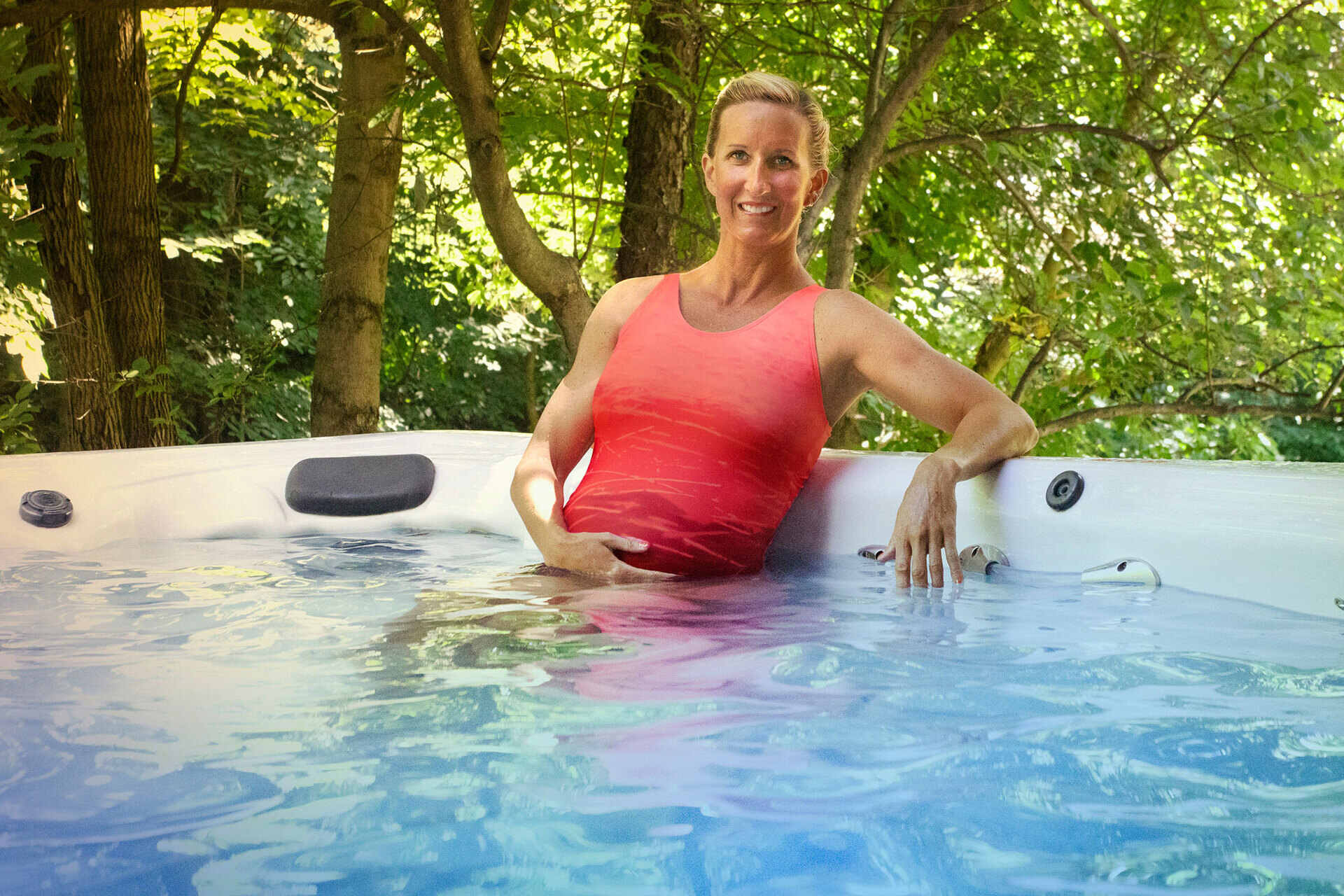

Pool & Spa Care
Can You Be In A Hot Tub When Pregnant
Modified: January 6, 2024
Find out if it's safe to be in a hot tub when pregnant and get tips for pool and spa care during pregnancy. Learn more about pregnancy and hot tub safety.
(Many of the links in this article redirect to a specific reviewed product. Your purchase of these products through affiliate links helps to generate commission for Storables.com, at no extra cost. Learn more)
Introduction
Expecting a child is a joyous and transformative time in a woman’s life. It’s also a period marked by numerous adjustments and considerations, including changes to daily routines and habits. One common question that arises for many expectant mothers is whether it’s safe to enjoy the soothing warmth of a hot tub during pregnancy. This article aims to provide comprehensive insights into the risks, benefits, precautions, and alternatives related to using a hot tub during pregnancy, allowing you to make informed choices for your well-being and that of your baby.
Throughout history, hot water has been revered for its therapeutic properties, offering relaxation and relief from aches and pains. However, when it comes to pregnancy, it’s crucial to approach hot tub use with caution and awareness of potential risks. By delving into the intricacies of this topic, we can navigate the decision-making process with clarity and confidence, prioritizing the health and safety of both mother and child.
Key Takeaways:
- Soaking in a hot tub during pregnancy can pose risks like overheating and dehydration. It’s best to consult a healthcare provider and consider safer alternatives for relaxation and pain relief.
- Expectant mothers should prioritize safety and consider alternatives like prenatal yoga, swimming, and massage to avoid the potential risks associated with hot tub use during pregnancy.
Read more: Why Can’t You Use A Hot Tub When Pregnant
Risks and Benefits of Using a Hot Tub During Pregnancy
When considering the use of a hot tub during pregnancy, it’s essential to weigh the potential risks against the perceived benefits. While immersing oneself in warm water can offer relaxation and alleviate muscle tension, the elevated water temperature poses certain risks for expectant mothers.
Risks:
- Overheating: Prolonged exposure to high water temperatures, especially during the first trimester, can lead to maternal hyperthermia, potentially increasing the risk of neural tube defects in the developing fetus. It’s important to note that neural tube defects typically occur in the early stages of pregnancy, often before a woman realizes she is pregnant.
- Dehydration: Soaking in a hot tub can cause perspiration and may lead to dehydration, a condition that pregnant women should actively avoid.
- Dizziness and Fainting: The combination of heat and buoyancy in a hot tub can lead to a drop in blood pressure, potentially causing dizziness or fainting, which poses a risk for both the mother and the unborn child.
- Impact on Circulation: Immersion in hot water can dilate blood vessels and lower blood pressure, which may affect circulation and could potentially compromise blood flow to the uterus.
Benefits:
- Relief from Discomfort: The buoyancy of water can alleviate the physical strain of pregnancy by reducing the effects of gravity on the body, offering temporary relief from backaches and swollen limbs.
- Stress Reduction: The calming effect of warm water can help alleviate stress and promote relaxation, potentially benefiting both the mother and the developing baby.
- Improved Sleep: A soothing soak in a hot tub may aid in improving sleep quality, which can be particularly challenging for pregnant women experiencing discomfort or insomnia.
While there are potential benefits to using a hot tub during pregnancy, the associated risks should not be overlooked. It’s essential to approach hot tub use during pregnancy with caution and to be aware of the necessary precautions to safeguard maternal and fetal well-being.
Precautions to Take When Using a Hot Tub While Pregnant
When navigating the decision of whether to use a hot tub during pregnancy, it’s crucial to prioritize safety and well-being. If you decide to indulge in a relaxing soak, it’s essential to adhere to specific precautions to minimize potential risks to both you and your baby.
Consult with Your Healthcare Provider:
Before stepping into a hot tub, it’s advisable to consult with your obstetrician or midwife. Your healthcare provider can offer personalized guidance based on your medical history, the progression of your pregnancy, and any specific risk factors.
Monitor Water Temperature:
Ensure that the water temperature of the hot tub does not exceed 100°F (37.8°C). Prolonged exposure to higher temperatures can elevate your core body temperature, potentially posing risks to fetal development.
Limit Soaking Time:
It’s recommended to limit hot tub sessions to 10-15 minutes at a time. Prolonged exposure to warm water can lead to overheating, dehydration, and a drop in blood pressure, all of which can pose risks during pregnancy.
Stay Hydrated:
Drink plenty of water before, during, and after using the hot tub to prevent dehydration. It’s essential to maintain optimal hydration levels, especially when exposed to warm water.
Be Mindful of Discomfort:
If you experience any discomfort, dizziness, or lightheadedness while in the hot tub, exit the water immediately and seek a cool, well-ventilated area. It’s important to listen to your body’s signals and prioritize your safety.
Choose Suitable Alternatives:
If you have any reservations or concerns about using a hot tub during pregnancy, consider alternative forms of relaxation and pain relief, such as prenatal massage, gentle exercise, or swimming in a pool with moderate water temperature.
Monitor for Signs of Overheating:
Be vigilant for symptoms of overheating, including excessive sweating, flushed skin, rapid heartbeat, and feeling lightheaded. If you experience any of these symptoms, exit the hot tub immediately and seek a cool environment.
By adhering to these precautions, expectant mothers can mitigate potential risks associated with hot tub use during pregnancy, allowing for a more informed and secure approach to relaxation and self-care.
It is not recommended to use a hot tub during pregnancy, especially in the first trimester, as it can raise your body temperature to potentially harmful levels for the baby. It’s best to stick to warm baths instead.
Alternatives to Hot Tub Use During Pregnancy
While the allure of a hot tub may be tempting, expectant mothers can explore a variety of alternative methods to achieve relaxation, alleviate discomfort, and promote overall well-being during pregnancy. These alternatives offer the benefits of self-care without the potential risks associated with hot tub use.
Prenatal Yoga and Meditation:
Engaging in prenatal yoga and meditation can provide a holistic approach to relaxation, stress reduction, and physical comfort. These practices focus on gentle movements, breathing techniques, and mindfulness, offering expectant mothers a nurturing environment to connect with their bodies and their growing babies.
Swimming in a Moderately Heated Pool:
Swimming in a pool with a moderate water temperature can offer similar buoyancy and relief to that of a hot tub, without the elevated risk of overheating. The weightlessness experienced in water can alleviate pressure on the body and provide a soothing environment for exercise and relaxation.
Prenatal Massage:
Seeking out the expertise of a certified prenatal massage therapist can provide targeted relief for pregnancy-related discomfort. Prenatal massage techniques are designed to address specific areas of tension and promote relaxation, offering expectant mothers a safe and effective alternative to hot tub use.
Warm Compresses and Epsom Salt Baths:
Applying warm compresses to areas of discomfort or indulging in a warm bath with Epsom salts can offer localized relief from muscle tension and soreness. These simple yet effective methods can be incorporated into a daily self-care routine, providing comfort without the need for prolonged exposure to high water temperatures.
Hydrotherapy Showers:
Hydrotherapy showers, which involve alternating between warm and cool water, can promote circulation, reduce swelling, and offer a refreshing form of relaxation. The contrast between warm and cool water can invigorate the body and provide a sense of rejuvenation without the risks associated with prolonged heat exposure.
Gentle Exercise and Stretching:
Engaging in gentle, pregnancy-appropriate exercise and stretching routines can help alleviate muscle tension, improve circulation, and enhance overall well-being. Activities such as walking, prenatal Pilates, and gentle stretching can contribute to physical comfort and relaxation without the need for hot tub use.
By exploring these alternatives, expectant mothers can prioritize their well-being and comfort during pregnancy while avoiding the potential risks associated with hot tub use. Each of these alternatives offers a safe and effective means of promoting relaxation and self-care throughout the transformative journey of pregnancy.
Conclusion
Navigating the considerations surrounding hot tub use during pregnancy involves a delicate balance of weighing potential risks against perceived benefits and prioritizing the well-being of both the expectant mother and the developing baby. While the allure of warm water and its potential for relaxation is undeniable, it’s essential to approach hot tub use with caution and awareness of the associated precautions and alternatives.
Understanding the risks of overheating, dehydration, and potential impacts on fetal development is crucial for making informed decisions during pregnancy. By consulting with healthcare providers, adhering to specific precautions, and considering alternative methods of relaxation and pain relief, expectant mothers can prioritize their safety while nurturing their physical and emotional well-being.
Ultimately, the journey of pregnancy is a deeply personal experience, and the choices made regarding self-care and relaxation should reflect individual needs and considerations. By exploring alternative forms of self-care, such as prenatal yoga, swimming, massage, and gentle exercise, expectant mothers can cultivate a nurturing environment that supports their well-being without the potential risks associated with hot tub use.
Through informed decision-making, open communication with healthcare providers, and a proactive approach to self-care, expectant mothers can embrace the transformative journey of pregnancy with confidence, mindfulness, and a deep commitment to the health and safety of both themselves and their unborn child.
As with any aspect of pregnancy, it’s essential to approach the use of a hot tub with an abundance of caution and a thorough understanding of the potential risks and benefits. By prioritizing safety, exploring alternative methods of relaxation, and seeking personalized guidance from healthcare providers, expectant mothers can navigate the complexities of self-care during pregnancy with clarity, confidence, and a deep commitment to maternal and fetal well-being.
Frequently Asked Questions about Can You Be In A Hot Tub When Pregnant
Was this page helpful?
At Storables.com, we guarantee accurate and reliable information. Our content, validated by Expert Board Contributors, is crafted following stringent Editorial Policies. We're committed to providing you with well-researched, expert-backed insights for all your informational needs.



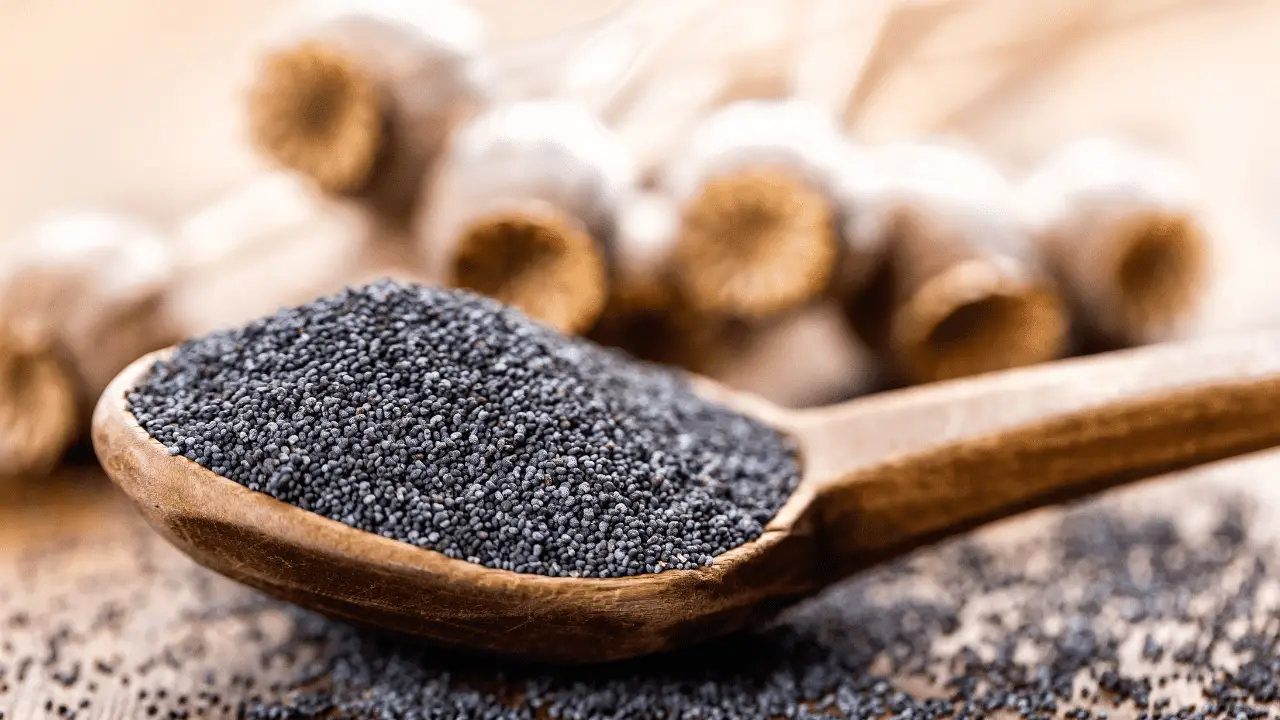

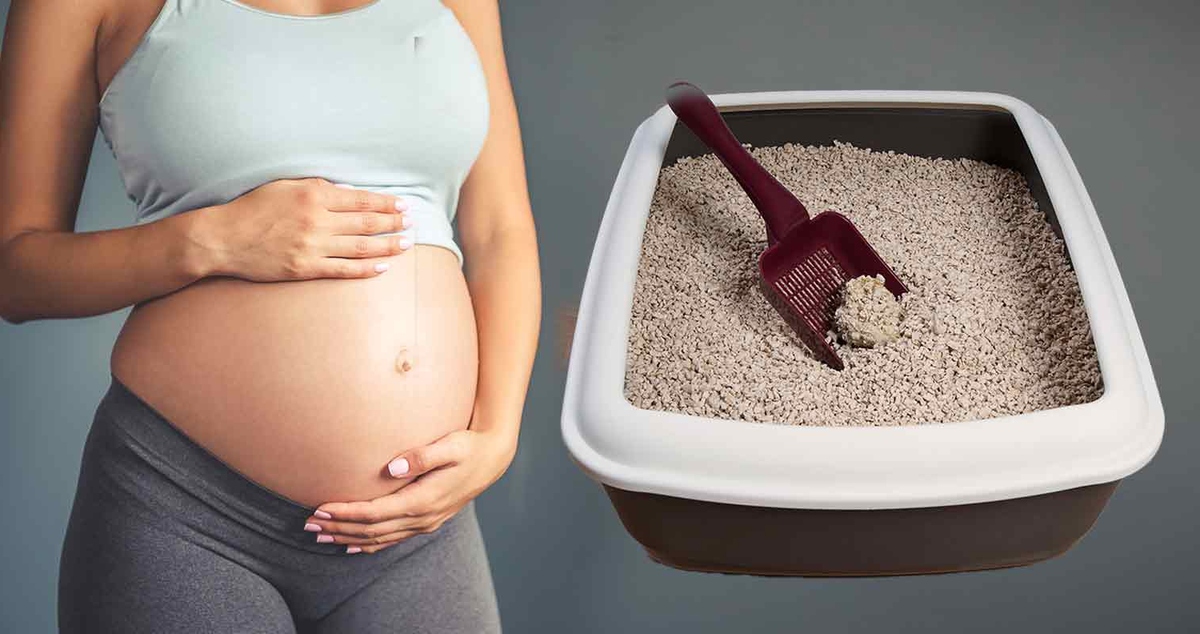
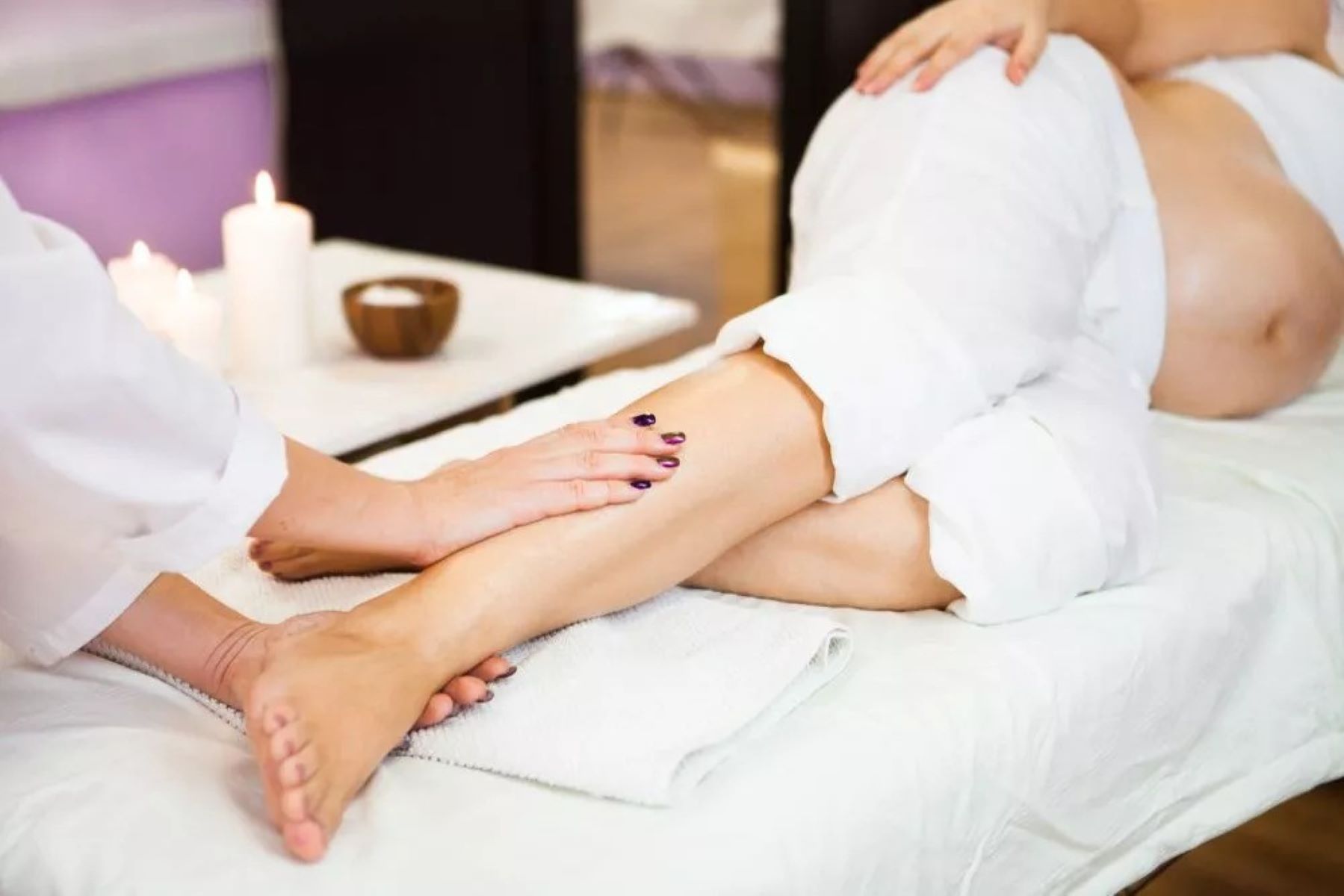

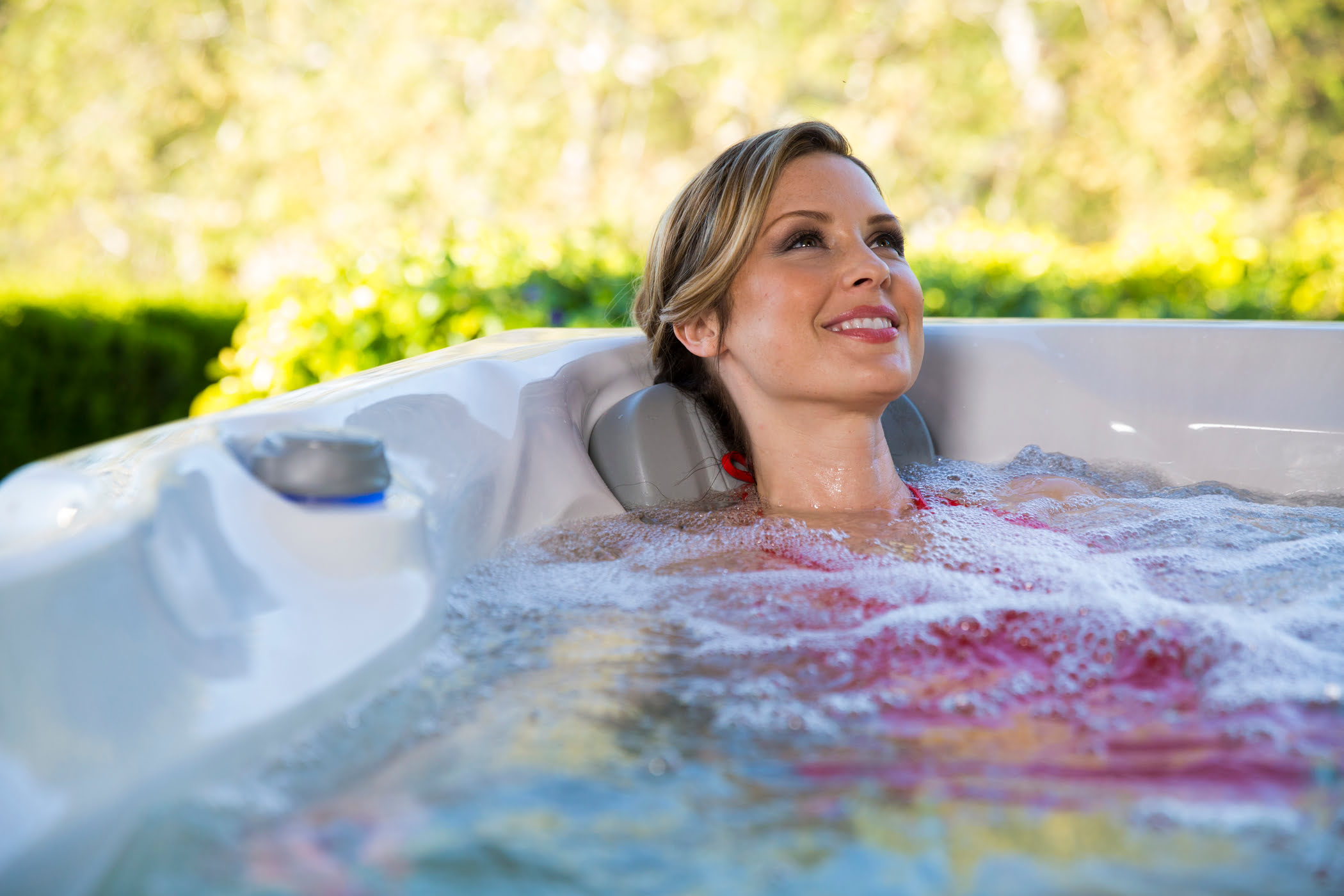
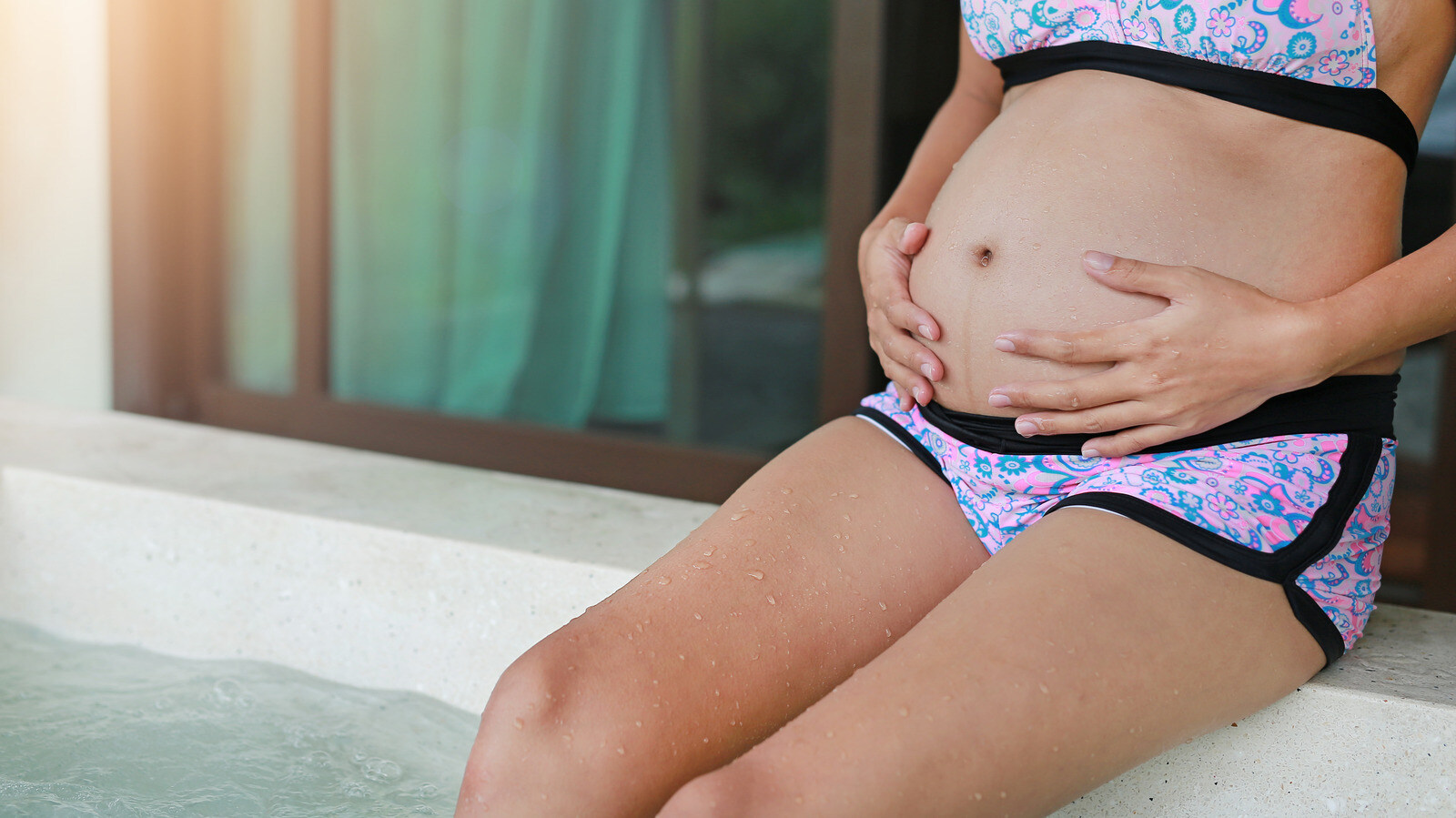
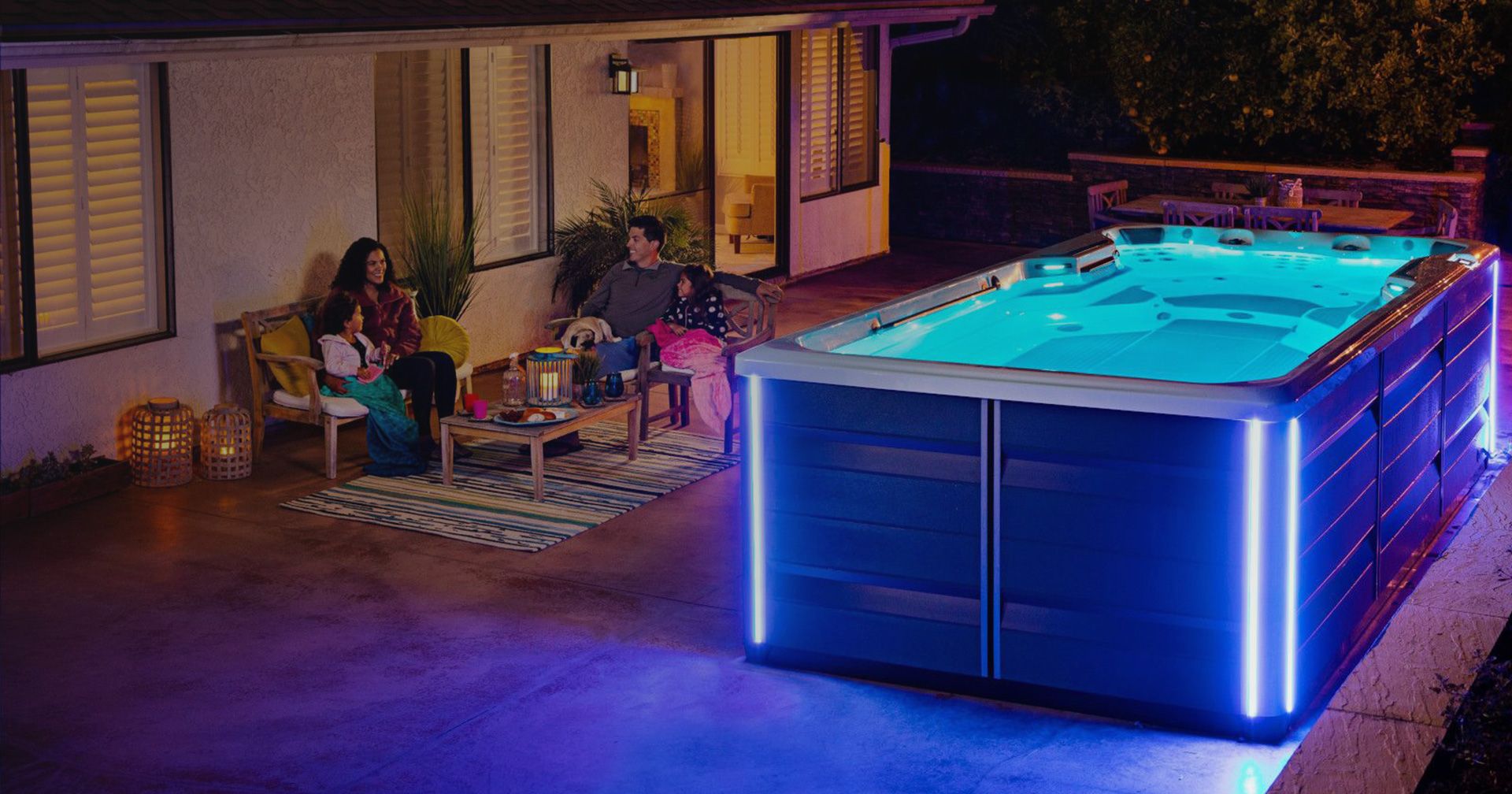


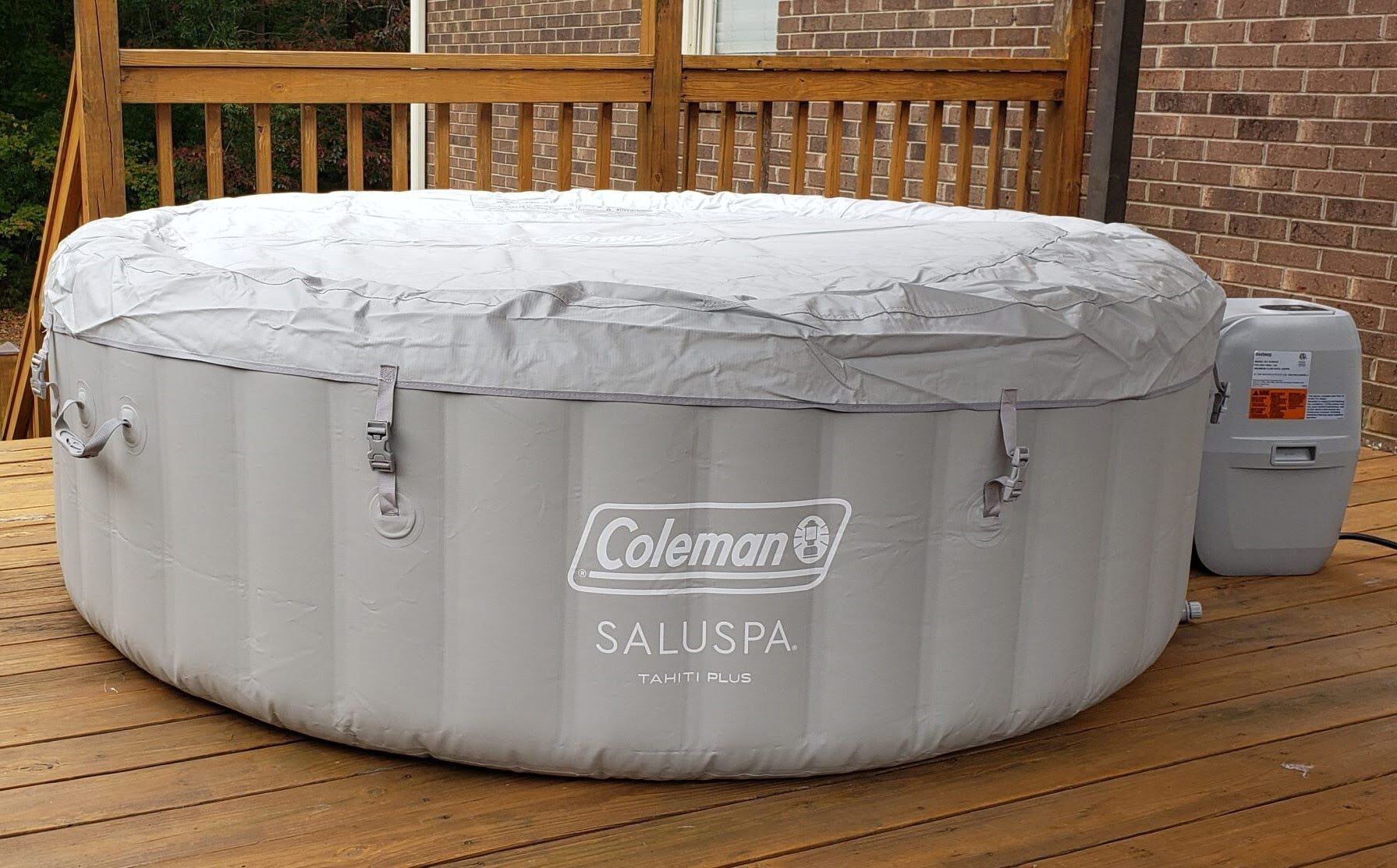


0 thoughts on “Can You Be In A Hot Tub When Pregnant”